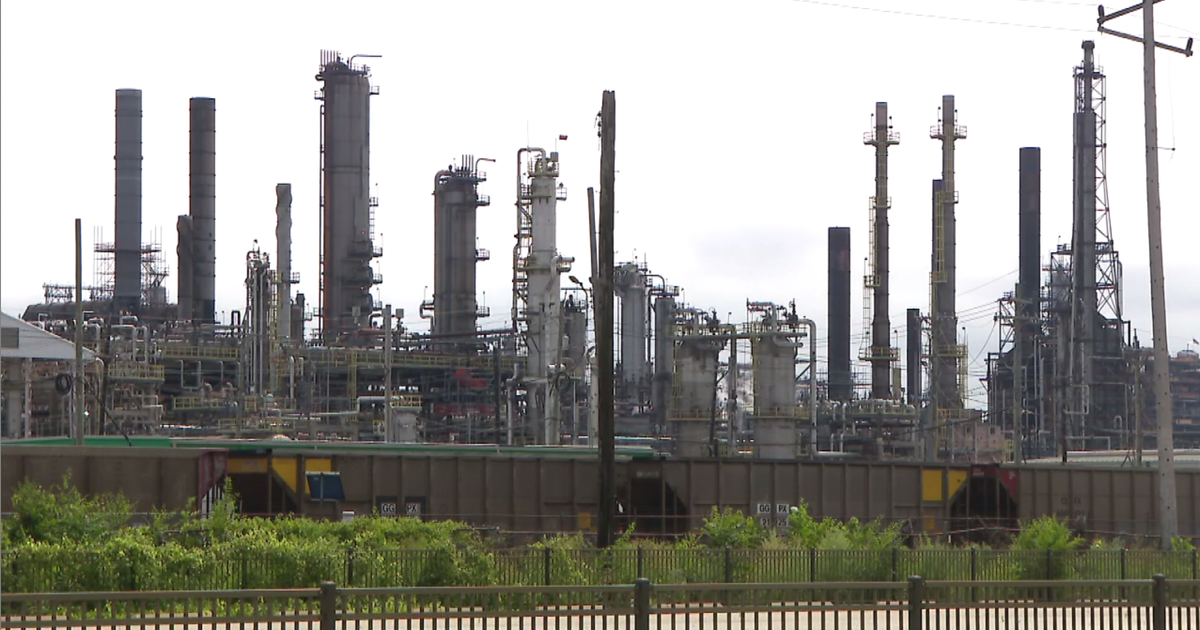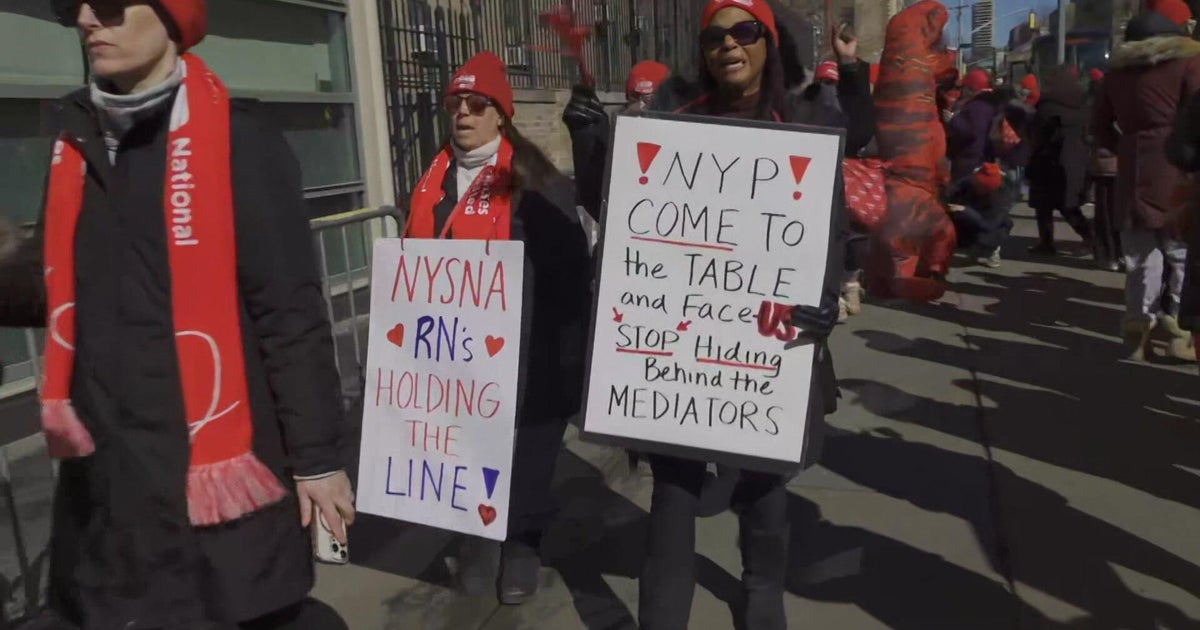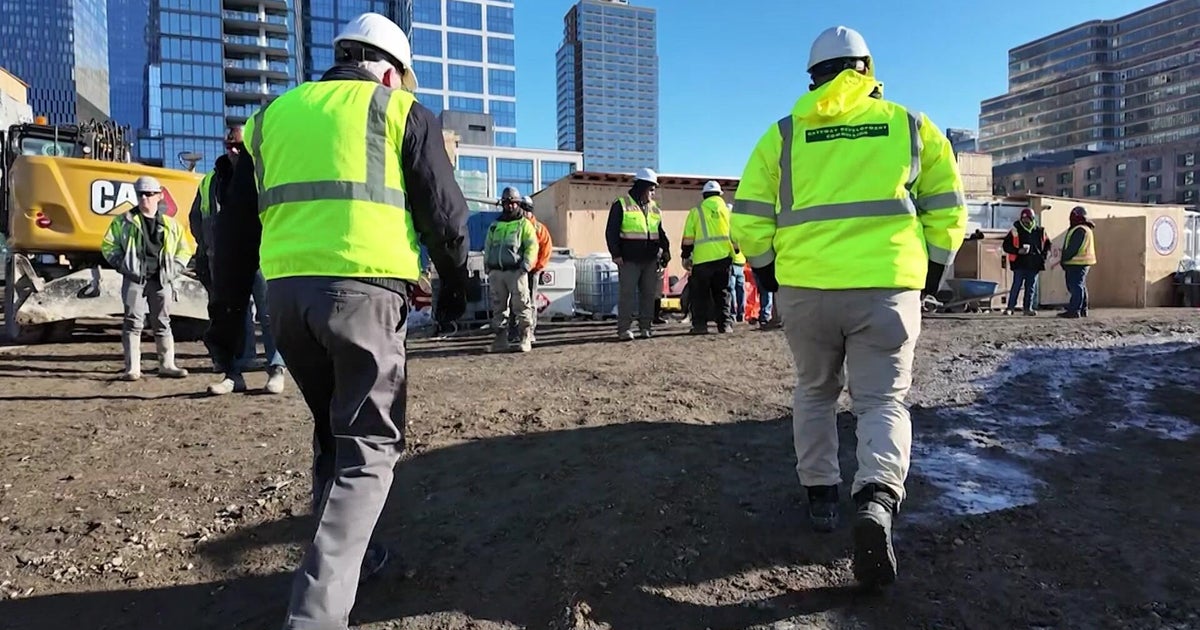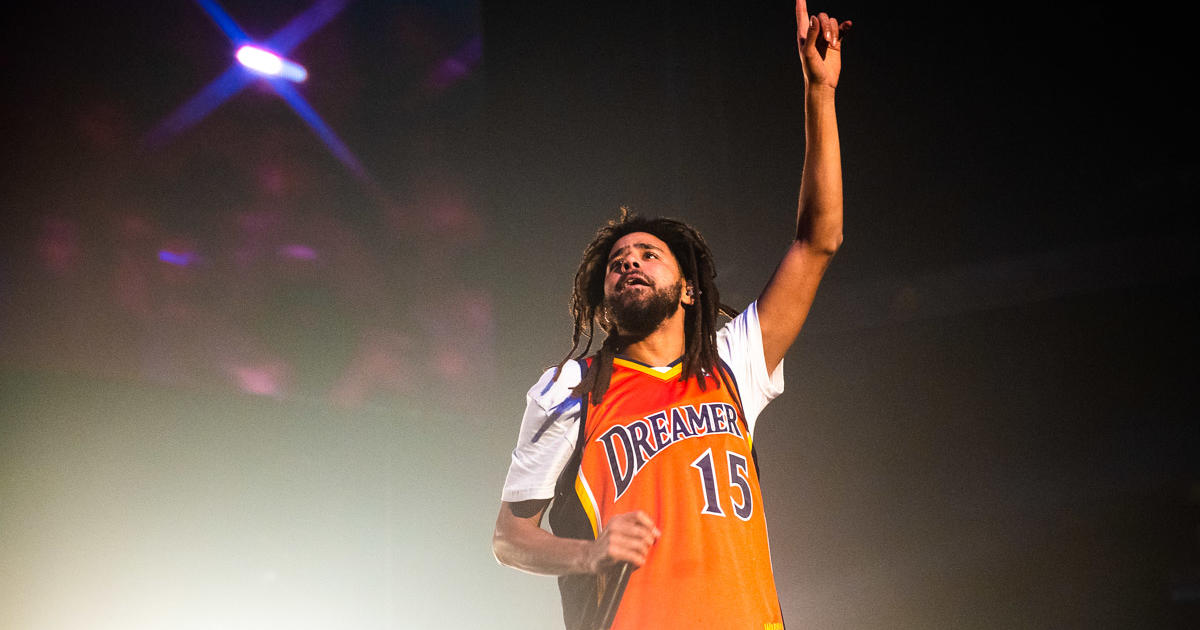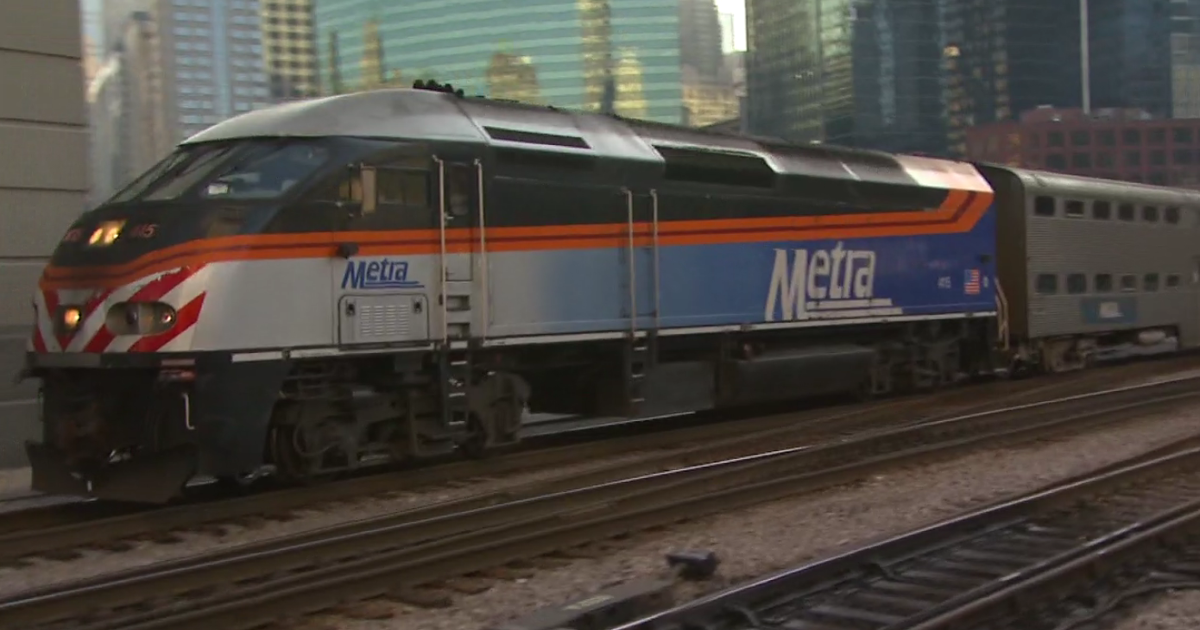Actors back on picket lines amid renewed back-and-forth about labor talks
SAG-AFTRA members were back on the picket lines Tuesday amid renewed rhetoric highlighting the deep divide fueling the labor dispute that has ground Hollywood production to a halt.
The union representing 160,000 actors went on strike Friday, joining striking Writers Guild of America members who have been on the picket lines since May 2. The double-barreled strike is the first time in 63 years both unions have walked off the job simultaneously.
On Monday night, the SAG-AFTRA negotiating team issued a statement outlining the key issues in the dispute and insisting that the Alliance of Motion Picture and Television Producers -- which represents the studios -- "wouldn't meaningfully engage on the most critical issues."
The SAG-AFTRA list included the core demands of general wage increases, protections against the use of actor images through artificial intelligence, boosts in compensation for successful streaming programs and improvements in health and retirement benefits.
"We need transformative contracts, yet remain far apart on the most critical issues that affect the very survival of our profession," according to the message from the union. "Specifically, we need fair compensation that accounts for inflation, revenue sharing on top of residuals, protection from AI technology, and updates to our pension and health contribution caps, which haven't been changed in decades.
"This is why we're on strike. The AMPTP thinks we will relent, but the will of our membership has never been stronger. We have the resolve and unity needed to defend our rights."
The AMPTP shot back Monday night with a statement of its own, saying the union "continues to mischaracterize the negotiations" and publicly distort offers made by the studios. According to the AMPTP statement, the studios verbally offered the union a package on July 12 "worth more than $1 billion in wage increases, pension and health contributions and residual increases and includes first-of-their-kind protections over its three-year term, including expressly with respect to AI."
"The AMPTP's goal from day one has been to come to a mutually beneficial agreement with SAG-AFTRA," according to the studios' statement. "A strike is not the outcome we wanted. For SAG-AFTRA to assert that we have not been responsive to the needs of its membership is disingenuous at best."
According to AMPTP, its most recent verbal offer to the union included "the highest percentage increase in minimums in 35 years," "substantial" increases in pension and health contribution caps, a "groundbreaking AI proposal which protects performers' digital likenesses, including a requirement for performers' consent for the creation and use of digital replicas or for digital alterations of a performance," along with other pay hikes and increases in streaming video residuals.
Many Hollywood observers fear the labor impasse could last for months with the unions and production companies far apart on key issues, which could end up costing more than $3 billion.
Members of SAG-AFTRA have been picketing alongside WGA members at many major studios, including Warner Bros. and Disney in Burbank, Amazon and Sony in Culver City, Paramount and Netflix in Hollywood and Fox in West Los Angeles. Picketing is also occurring in New York City.
Paramount Pictures, one of the studios involved in the negotiations, and CBS News and Stations are both part of Paramount Global. Also, some CBS News and Stations staff are SAG-AFTRA or Writers Guild members; though, their contracts are not affected by the strikes.
"We're in it for the long haul," SAG-AFTRA President Fran Drescher told reporters Friday morning on the first day of the picketing. "... This is not something that's going to go away quickly unless they (the studios) come to the table and come to their senses. Unless somebody has the character and the courage to walk into that board room and say, `These are the people that make our business. They are the center of the wheel. If we don't make them happy, what are we doing? They have to be happy. They're the performers. We should honor and respect them for their massive contribution to this industry."'
There has been no indication of any renewed contract talks between the AMPTP and either the WGA or SAG-AFTRA.
The WGA sent an email to its members shortly after the SAG-AFTRA strike declaration last week, saying, "We stand solidly behind our union siblings in SAG-AFTRA as they begin their work stoppage."
"The AMPTP has proven unwilling to meet the justifiable demands of actors and writers at the bargaining table in 2023," the WGA statement to its members said. "... SAG-AFTRA has supported the WGA from the start of our negotiations, joining our picket lines and rallies across the country every day writers have been on strike. We pledge to fully support SAG-AFTRA as they strike to get the contract they deserve."
The actors union has not gone on strike since 1980. The WGA went on strike for 100 days starting in 2007.
Negotiations between SAG-AFTRA and the AMPTP began on June 7.
The AMPTP has already reached a three-year contract deal with the Directors Guild of America. The pact was overwhelmingly ratified by DGA members on June 24.
The DGA-AMPTP deal includes a 12.5% salary increase over a three-year period for directors, plus a "substantial" increase in residuals for streaming content -- including a 76% increase in foreign residuals for the largest platforms and mutual confirmation that artificial intelligence is not a person and cannot replace the duties performed by DGA members.
That deal came after less than a month of negotiations, ahead of the June 30 expiration of the DGA's previous contract.
